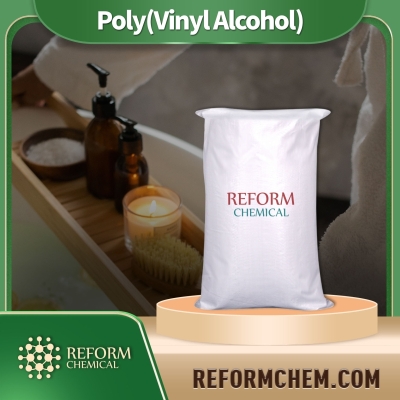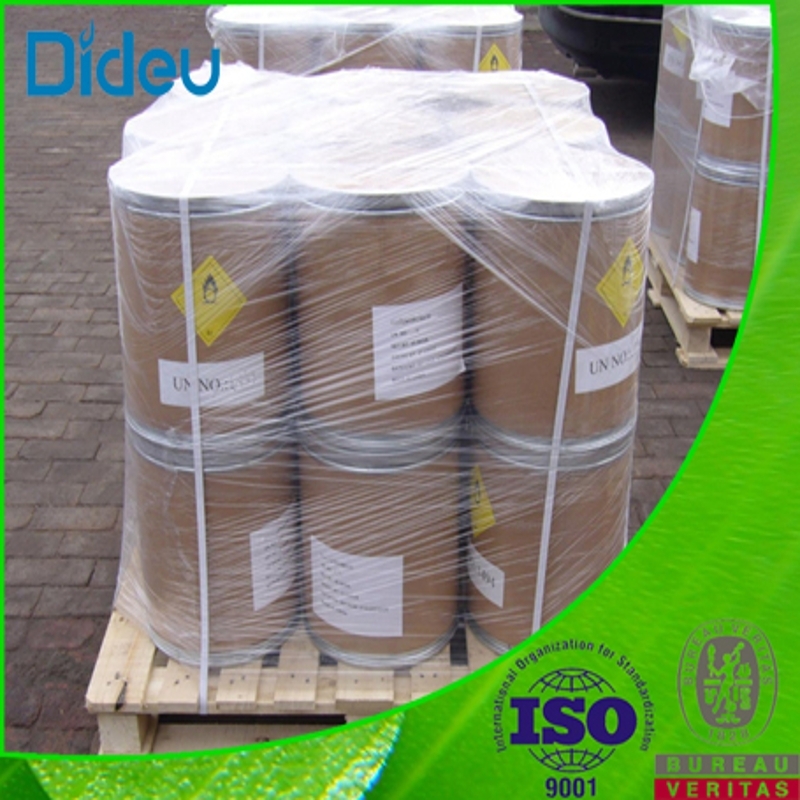-
Categories
-
Pharmaceutical Intermediates
-
Active Pharmaceutical Ingredients
-
Food Additives
- Industrial Coatings
- Agrochemicals
- Dyes and Pigments
- Surfactant
- Flavors and Fragrances
- Chemical Reagents
- Catalyst and Auxiliary
- Natural Products
- Inorganic Chemistry
-
Organic Chemistry
-
Biochemical Engineering
- Analytical Chemistry
-
Cosmetic Ingredient
- Water Treatment Chemical
-
Pharmaceutical Intermediates
Promotion
ECHEMI Mall
Wholesale
Weekly Price
Exhibition
News
-
Trade Service
Menstruation is our good partner, good relative, and great aunt, but many people subconsciously feel that menstruation is dirty and filthy
.
There are even some sisters who have the hysterus removed because of the disease, and the doctor is worried: If the uterus is removed, where will menstruation go? How to "detox"?
In fact, menstruation is just a physiological phenomenon
of the female body.
Let's explain
it together today.
What are the components of menstruation?
Menstruation is formed by the endometrium under the action of estrogen and progesterone, regular hyperplasia, shedding, mixed with blood flowing out
.
Therefore, the main components of menstrual blood are actually blood and endometrial tissue
.
Stop saying menstruation is "dirty"
First of all, the uterus is the place where the baby is conceived, if it is really "dirty", how can the baby grow and develop well?
Second, menstruation will flow out through the vagina, which is not only not dirty, but also has a "self-cleaning" function
.
When menstruation comes out, it washes away the lower genital tract and takes away some germs
from the lower genital tract.
Third, some people feel that menstruation has a "taste"
.
In fact, that is the smell of blood, because the main component of menstruation is blood, so it is normal
to have a smell of blood.
Where does menstruation go without a uterus?
If the hysterectomy is carried out, then naturally there will be no more endometrium, and menstruation will not form
.
Without a source, where to go? So don't worry
.
After the hysterectomy, are the ovaries also functional?
This is not necessarily
.
If the ovarian reserve is still normal, then it is still able to ovulate periodically, producing estrogen and progesterone
.
However, because there is a lot of blood supply between the uterus and the ovaries, if the hysterectomy is performed, the blood supply to the ovaries will be affected
somewhat.
Therefore, under normal circumstances, ovarian function fails around the age of 50, and if the uterus is cut, it may occur 1-2 years earlier, and ovarian failure
may occur around the age of 48.
If the hysterectomy does not have menstruation, is it considered menopause?
Not necessarily
.
Although menopause is calculated by whether there is still menstruation, the essence is not menstruation, but whether ovarian function fails
.
If the ovaries are still functioning and are still producing estrogen and progesterone, it cannot be considered menopause
.
I've seen young patients who have had their uterus removed because of some disease, but the ovaries are still functioning, which is not menopause
.
Source: Eng Ge Chat Health
Author: Zou Shien







